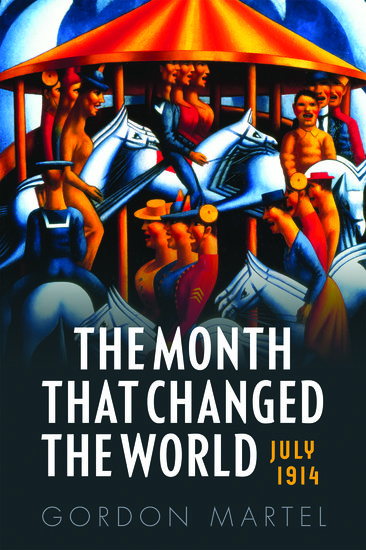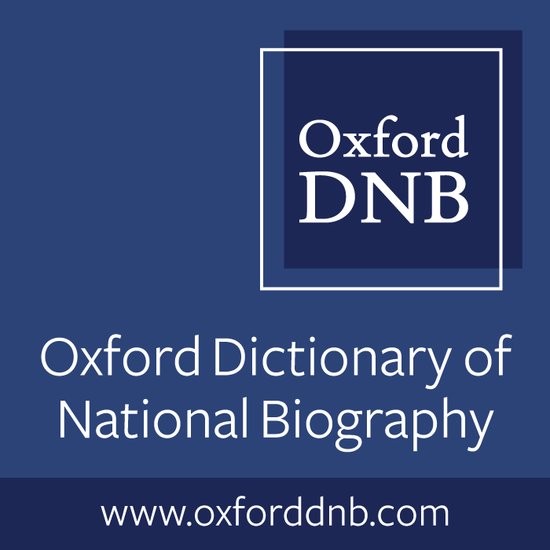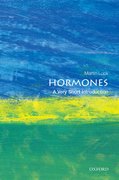Transforming conflict into peace
By Valentina Baú
My research has focused on the use of participatory media in conflict-affected communities. The aim has been to demonstrate that involving community members in a media production provides them with a platform to tell their story about the violence they have experienced and the causes they believe led to it.












